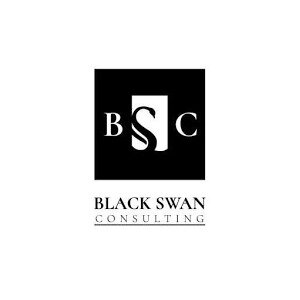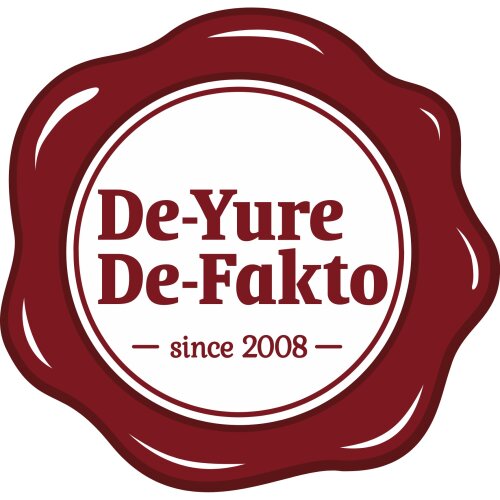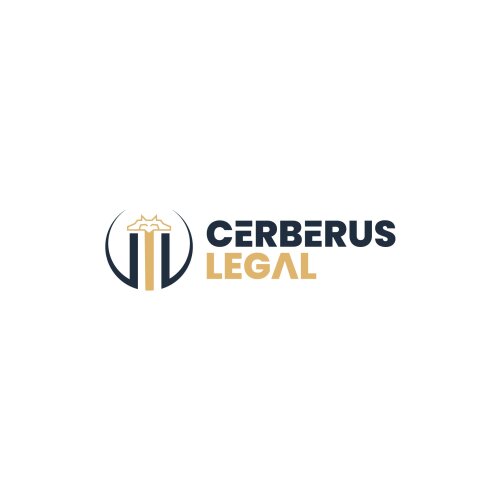Best Art & Cultural Property Law Lawyers in Tashkent
Share your needs with us, get contacted by law firms.
Free. Takes 2 min.
List of the best lawyers in Tashkent, Uzbekistan
About Art & Cultural Property Law in Tashkent, Uzbekistan
Art & Cultural Property Law in Tashkent, Uzbekistan, is a specialized area of law dealing with the protection and regulation of art and cultural heritage. Given Uzbekistan's rich historical tapestry and extensive cultural sites, this field of law plays a critical role in preserving the nation's heritage. The laws focus on preventing illegal acquisition and export of cultural artifacts, protecting intellectual property rights of artists, and overseeing the legal aspects of art transactions, exhibitions, and the preservation of cultural heritage.
Why You May Need a Lawyer
There are several scenarios where individuals or organizations might require legal counsel in the field of Art & Cultural Property Law in Tashkent. This could include disputes over intellectual property rights of artworks, navigating the legal framework for restoring or transferring ownership of cultural assets, compliance with cultural heritage protection laws, and assisting with the legalities of exporting or importing cultural artifacts. Legal advice can also be crucial for museums, galleries, and private collectors in establishing agreements and protecting against fraudulent activities.
Local Laws Overview
Uzbekistan has implemented various laws and regulations to preserve its cultural heritage. Key aspects include strict regulations on the export of cultural property, requirements for the documentation of ownership and provenance of artifacts, and measures to safeguard intellectual property rights within the art community. The country is also a signatory to international treaties such as the UNESCO 1970 Convention, enforcing the restitution of illicitly trafficked cultural property. Local laws are enforced by specific governmental bodies to ensure compliance and protection of cultural assets.
Frequently Asked Questions
What constitutes cultural property in Uzbekistan?
Cultural property in Uzbekistan includes artifacts, artworks, monuments, manuscripts, and other objects of historic and cultural significance.
What are the penalties for illegally exporting cultural property?
Penalties for illegal export can include substantial fines, confiscation of the artifacts, and potential imprisonment depending on the severity of the offense.
How can I verify the provenance of an artifact?
Verification of provenance generally involves retaining documents that trace the history of ownership and ensuring all transactions and transfers are legally documented.
Are there legal restrictions on importing artworks into Uzbekistan?
Yes, imported artworks may be subject to scrutiny to ensure they are not stolen or illegally acquired from other countries. Proper documentation is required.
Can artists in Uzbekistan protect their intellectual property internationally?
Yes, artists can protect their IP internationally by registering with relevant international bodies and complying with international treaties to which Uzbekistan is a party.
What legal measures are in place for preserving cultural heritage sites?
Uzbekistan has national laws aimed at protecting heritage sites, which include restrictions on alterations and developments around such sites.
How can museums ensure compliance with Art & Cultural Property Laws?
Museums can ensure compliance by adhering to documentation standards, obtaining appropriate legal advice, and conducting due diligence on acquisitions.
What should I do if I inherit a piece of cultural art?
It is advisable to consult with a lawyer to determine any legal obligations or restrictions related to the artifact, including ensuring rightful ownership and compliance with export laws if necessary.
How are art disputes typically resolved in Tashkent?
Art disputes may be resolved through negotiation, mediation, or arbitration. If these methods fail, the dispute might be settled in court.
Who are the authorities overseeing cultural property laws in Uzbekistan?
The Ministry of Culture and relevant government bodies are primarily responsible for overseeing cultural property laws in Uzbekistan.
Additional Resources
Several resources and organizations can assist individuals seeking advice in Art & Cultural Property Law in Tashkent. These include the Ministry of Culture of Uzbekistan, legal firms specializing in cultural property law, universities with legal departments focusing on cultural heritage studies, and non-governmental organizations dedicated to protecting the arts and heritage. Additionally, attending forums or seminars led by experts in the field can provide valuable insights and networking opportunities.
Next Steps
If you require legal assistance in Art & Cultural Property Law, your first step should be to consult with a specialized attorney in this field. Ensure you have all relevant documentation and background information pertaining to your case. It may also be wise to engage with local cultural organizations for further advice and support. Preparing a list of questions and objectives can facilitate a more productive consultation with your legal counsel.
Lawzana helps you find the best lawyers and law firms in Tashkent through a curated and pre-screened list of qualified legal professionals. Our platform offers rankings and detailed profiles of attorneys and law firms, allowing you to compare based on practice areas, including Art & Cultural Property Law, experience, and client feedback.
Each profile includes a description of the firm's areas of practice, client reviews, team members and partners, year of establishment, spoken languages, office locations, contact information, social media presence, and any published articles or resources. Most firms on our platform speak English and are experienced in both local and international legal matters.
Get a quote from top-rated law firms in Tashkent, Uzbekistan — quickly, securely, and without unnecessary hassle.
Disclaimer:
The information provided on this page is for general informational purposes only and does not constitute legal advice. While we strive to ensure the accuracy and relevance of the content, legal information may change over time, and interpretations of the law can vary. You should always consult with a qualified legal professional for advice specific to your situation.
We disclaim all liability for actions taken or not taken based on the content of this page. If you believe any information is incorrect or outdated, please contact us, and we will review and update it where appropriate.













